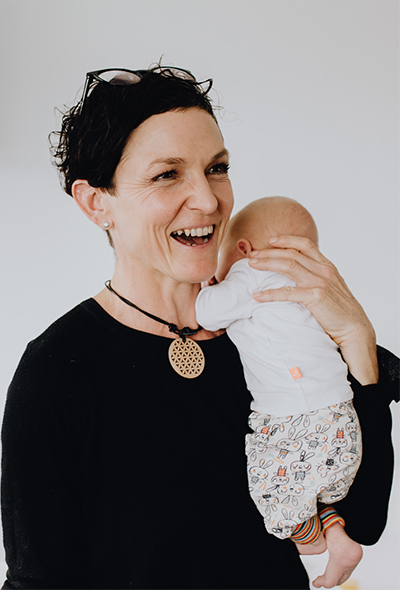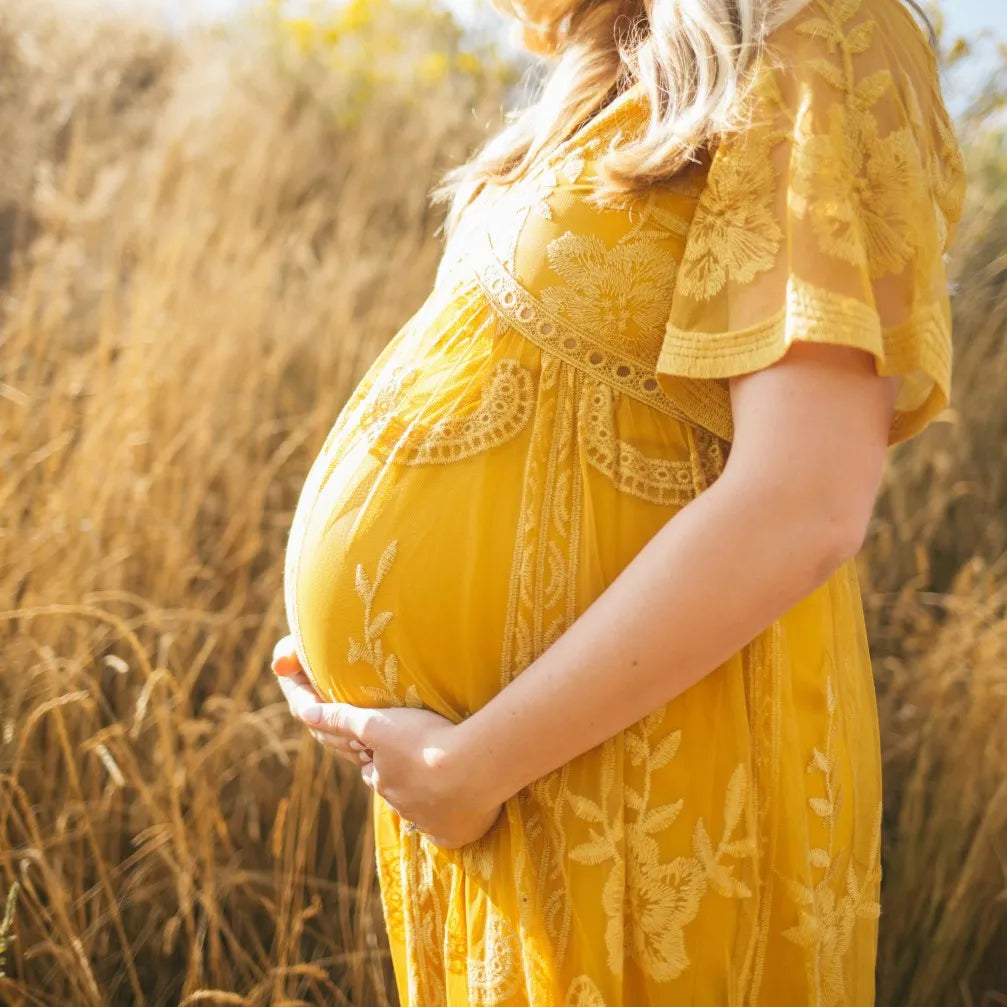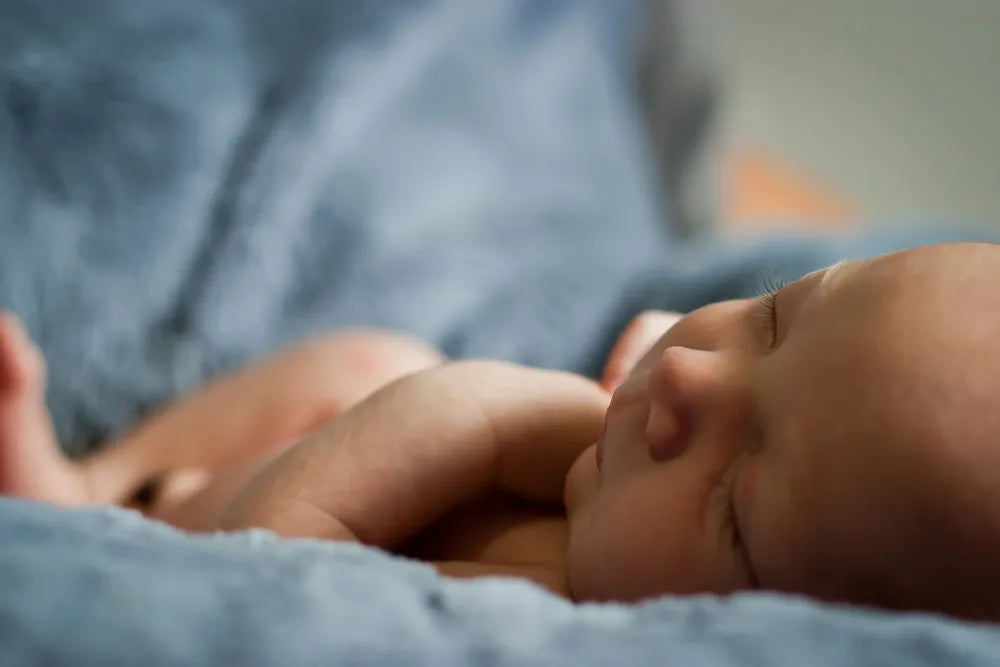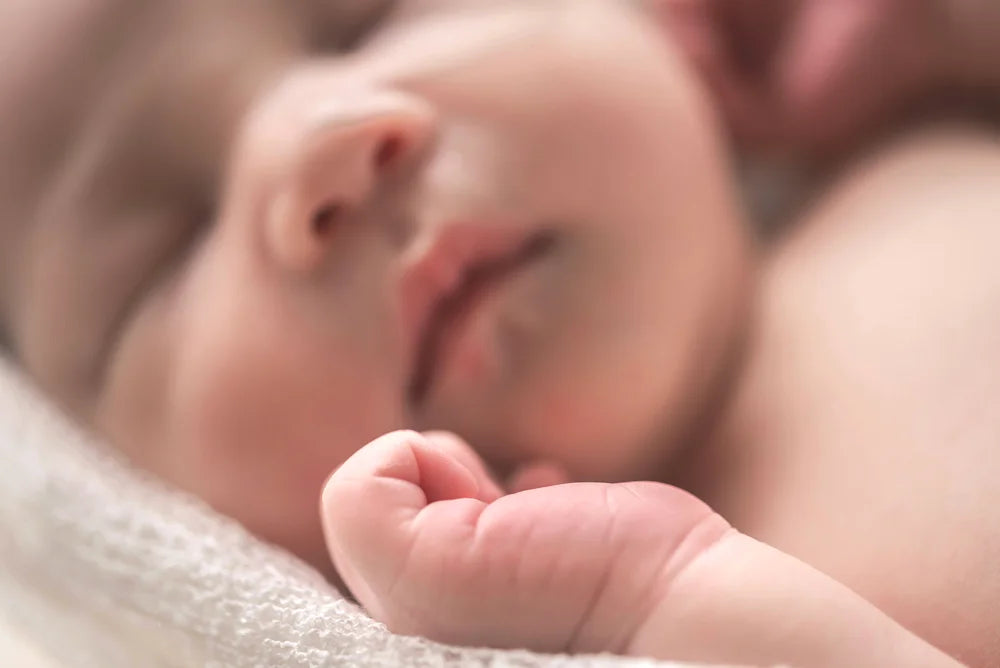I read about Rosa, who deliberately gave birth to her child alone at home. In the course of my research, some other articles and posts also give me insight into what the motivation for this decision might be. I have to do research because, as a midwife, I naturally have contact with clients who really value my services and experience and find them supportive.
“Birth is a natural event” or “I want to be able to decide for myself how, where and with whom I give birth to my child” or even “I am a woman and am therefore the expert on my birth” are statements that can be read on the various forums for solo births.
As a midwife, I can certainly confirm these statements.
However, life - and birth - does not always go as one would like and it requires intervention in nature, a correction within the scope of our current medical possibilities. In this case, one should be grateful for the opportunity, even if a detour or aid ultimately results in a birth with a positive outcome.
I wonder why some women are unable to trust a midwife or the hospital. The number of solo births in Austria is probably around 10 per year, although the number of unreported cases is certainly higher.
"Bad experiences almost always have to do with poor communication. It can hardly be denied that this also occurs in the healthcare sector."
Why do women want to give birth alone?
Sometimes there is talk of bad experiences or that (home birth) midwives do not (or cannot) fulfill certain wishes, such as giving birth without recording the heartbeat.
It is understandable that as a woman you are basically focused on the natural event of BIRTH. But it is also understandable that (life-)threatening situations for mother and child can arise again and again.
How and what can we as midwives and doctors do to counteract the desire for a solo birth?
Our goal must be to strengthen trust in professionals, the health system and hospitals.
Bad experiences almost always have something to do with poor communication. It can hardly be denied that this also occurs in the healthcare sector.
But there are also many positive examples! Midwives and doctors who are committed to having children, who act with care and sensitivity, who continue their training every day and who do not forget and respect the naturalness of birth, the impressive miracles that nature provides so that we can reproduce.
“The difference to giving birth alone is a crucial one: the midwife can intervene in an emergency.”
What to do if you have already had negative experiences
A good way for women who have already had unpleasant experiences and who have lost all trust in professional birth support is to seek out a midwife as soon as possible during pregnancy as a supporter, as a guide, as an emotional but also professionally competent ally.
Couples/women then have the entire pregnancy to plan and organize their own natural birth together with the midwife in a safe environment for the woman and the child.
In some clinics, it is also possible to have a midwife accompany you during the birth, whom you get to know during pregnancy. The women/couples know in advance how the midwife will work and which methods she will use, just like with a home birth accompanied by a self-employed midwife.
On the other hand, the midwife knows from the preliminary discussions what exactly the woman/couple wants, what is important to them, what they want to avoid, etc.
However, the difference to giving birth alone is a crucial one: the midwife can intervene in an emergency, provide support and, if necessary, organize further help.
Fear of interventions during childbirth
But what I notice again and again in conversations is incorrect or insufficient information.
Unfortunately, future parents are often bombarded with subjective birth (horror) stories without being asked. If a midwife or gynecologist is never asked about them, false ideas often arise.
“He who knows nothing must believe everything” (Marie von Ebner Eschenbach)
Ignorance and lack of information are the drivers when it comes to the topic of fear. These fears are often pain and bad events during birth, or even death of the mother or child.
However, women who plan to give birth alone are more likely to be concerned about interventions that they do not want. These women are plagued by a fundamental skepticism towards the large and often anonymous hospital landscape, but also towards the entire health system. Trust in the health care staff is also so low that women in such cases accept a high risk for themselves and their newborns.
Every woman who gives birth is a hero
My recommendation to avoid such misconceptions is to have good birth preparation with a midwife. She can give a realistic picture of birth and in this way dispel many myths and fears.
We also find it incomprehensible that some people want to “do it” all on their own, because every woman who goes through childbirth – regardless of the type – is a hero!
Finally, I would like to invite doubtful expectant mothers and fathers to turn to a midwife in confidence and, before the desire to give birth alone arises, to address fears, experiences, doubts and wishes and thus make their own birth a wonderful, natural event in a safe, protective environment.








Leave a comment
All comments are moderated before being published.
This site is protected by hCaptcha and the hCaptcha Privacy Policy and Terms of Service apply.